TLDR
Yes, septic tanks need maintenance. Regular inspections and pumping keep your system safe, prevent costly failures, and extend its life. Without maintenance, you risk backups, environmental damage, and thousands of dollars in emergency repairs. Practicing regular septic care is the most effective way to protect both your home and your property value.
Why Septic Tank Maintenance Is Non-Negotiable in Louisiana
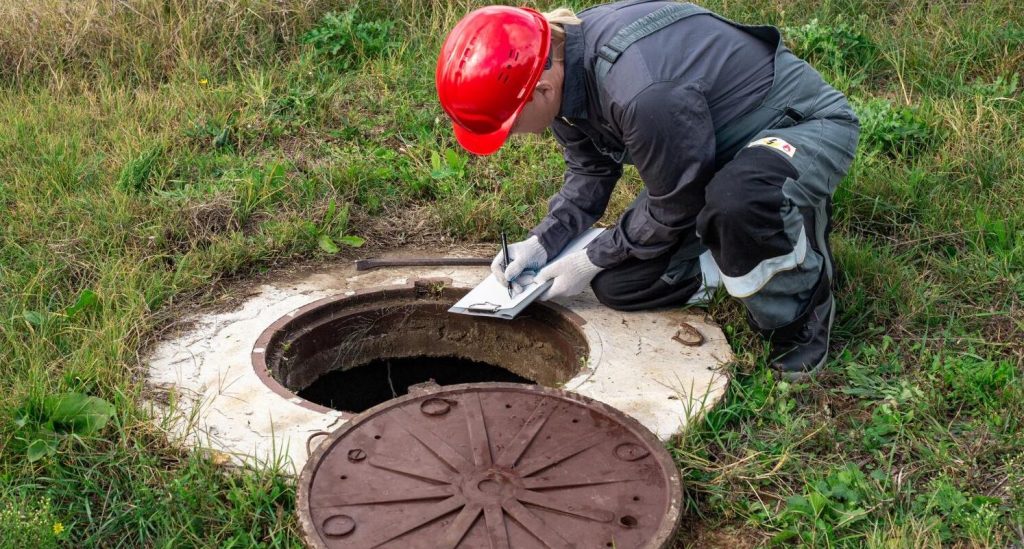
Septic tanks in Louisiana require regular maintenance because of the state’s soil conditions, heavy rainfall, and rural reliance on septic systems. The combination of clay soils and seasonal flooding increases the risk of system overload if tanks are not cared for.
Neglect leads to:
- Untreated wastewater leaking into yards
- Drain fields clogging and flooding
- Local groundwater contamination
- Rapid decline in property value
Sewer Solutions has seen firsthand how many emergencies begin with skipped maintenance. Proper upkeep is not optional. It is the only way to keep your system functional.
How Often Should Louisiana Septic Tanks Be Maintained
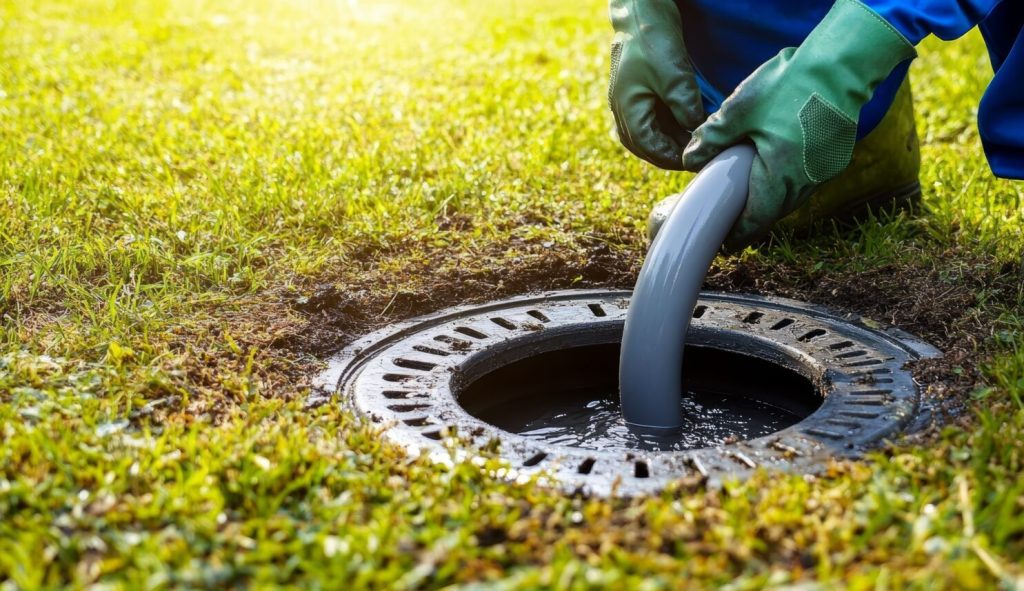
A septic tank in Louisiana should be pumped every 2 to 5 years. The exact timeline depends on household size, tank capacity, and water use.
- A family of four with a 1,000-gallon tank often needs service every 3 years.
- Larger households or homes with high water usage may need annual checks.
- Gulf Coast properties with high groundwater or heavy rain often require more frequent inspections.
Regular professional inspections every 1 to 3 years help confirm if pumping is needed sooner. Waiting too long often leads to system overload.
Warning Signs Your Septic System Needs Maintenance in Louisiana
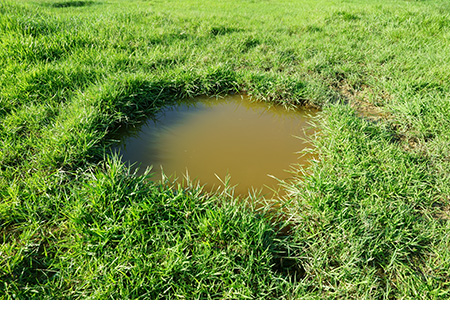
A failing septic tank shows clear signals. In Louisiana, local conditions make some signs more urgent.
Watch for:
- Slow or gurgling drains inside the home
- Sewage odors around the yard or near plumbing fixtures
- Unusually green or thick grass above the drain field
- Standing water or soggy spots near the tank after rain
- Backups following hurricane season or periods of flooding
Sewer Solutions advises acting at the first sign. Many Louisiana homeowners wait until sewage backs up indoors, which turns a small service call into a full replacement.
The Hidden Costs of Avoiding Maintenance
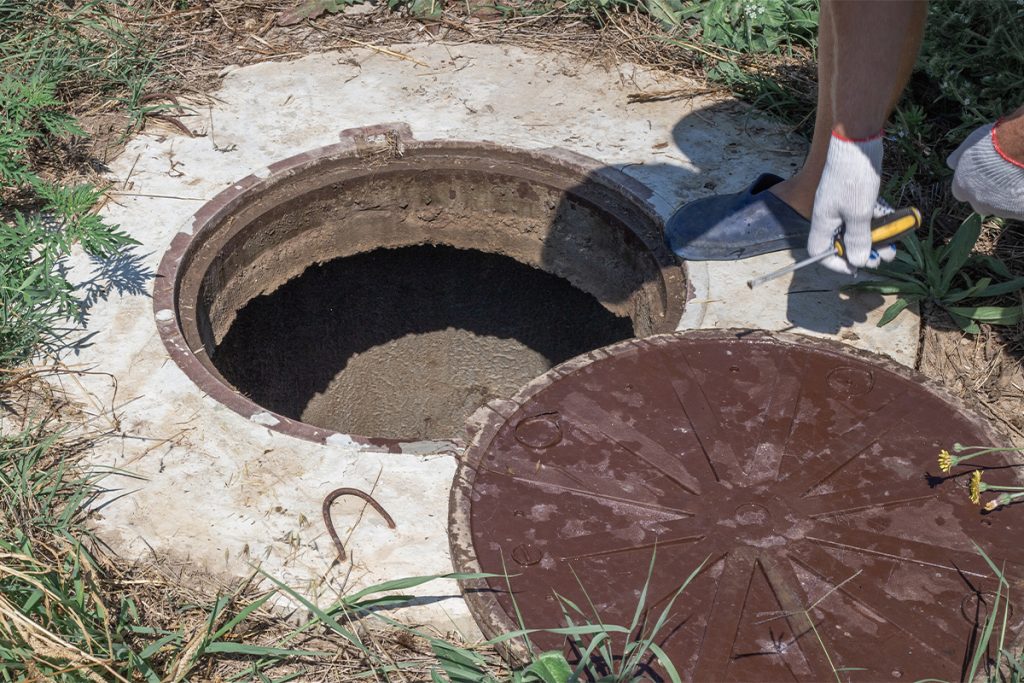
Ignoring maintenance leads to expenses that far exceed regular pumping.
- Emergency pumping: $400 to $800
- Drain field replacement: $5,000 to $15,000
- Full septic system replacement: $8,000 to $18,000
- Potential state fines for groundwater contamination
- Reduced property resale value
What looks like saving money by skipping service usually ends in paying triple or more in repairs.
Louisiana-Friendly Septic Maintenance Checklist
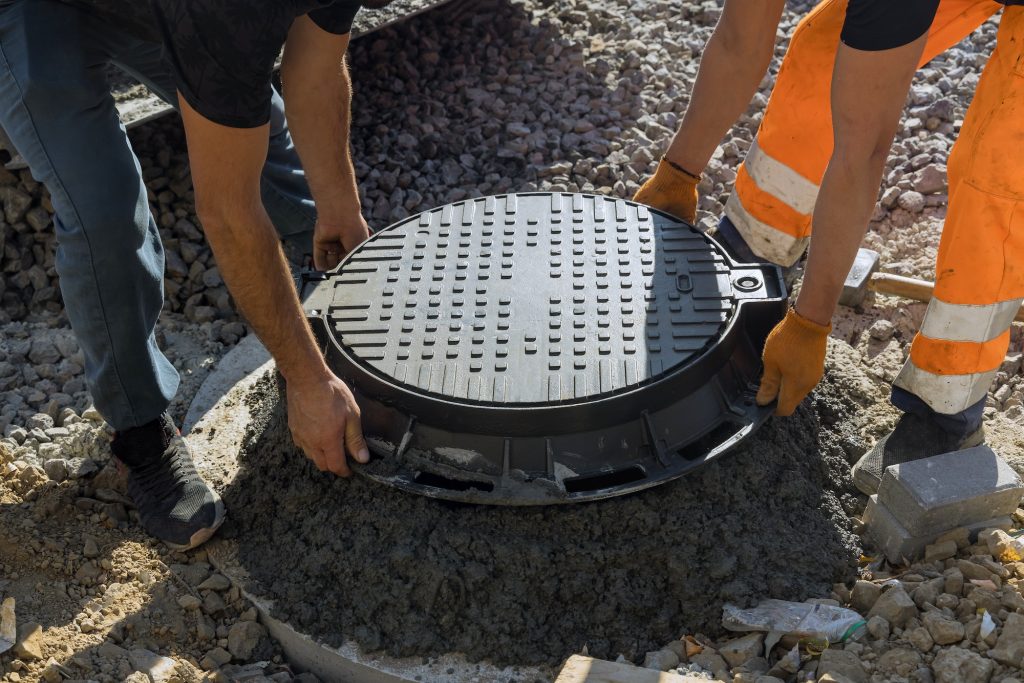
Homeowners in Louisiana should follow a strict but simple plan.
- Schedule septic pumping based on household size and usage
- Book annual inspections by licensed professionals
- Inspect yard regularly for odors or pooling water
- Mark and protect the drain field from vehicles or heavy equipment
- Avoid planting trees with invasive roots near the system
- Use only septic-safe cleaning products
- Limit use of bleach and antibacterial cleaners that disrupt bacteria balance
- Clean effluent filters every pumping cycle
- Add biological additives when recommended by a professional
- Keep written records of all service dates for future resale value
Sewer Solutions stresses consistency. Sporadic care shortens lifespan while regular records add to property reliability.
DIY vs Professional Septic Tank Maintenance
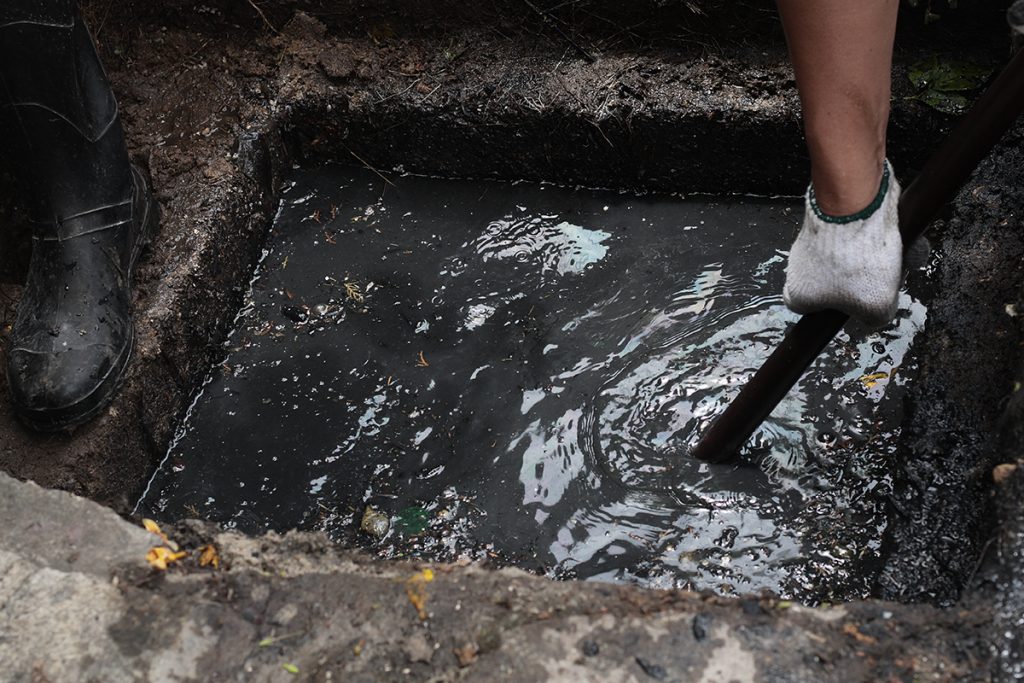
Some basic steps can be handled by homeowners, but full service should be left to licensed providers.
DIY basics:
- Monitor household water use
- Avoid flushing non-biodegradable items
- Keep track of service schedules
- Visually check for soggy spots after storms
Professional services:
- Pumping and sludge removal
- Camera inspections for hidden cracks
- Repairs to tank baffles and effluent filters
- Aerobic system servicing
- Drain field restoration
Sewer Solutions provides both inspection and repair services across Louisiana. Homeowners often underestimate the value of professional tools that detect problems before they surface.
Septic System Longevity in Louisiana
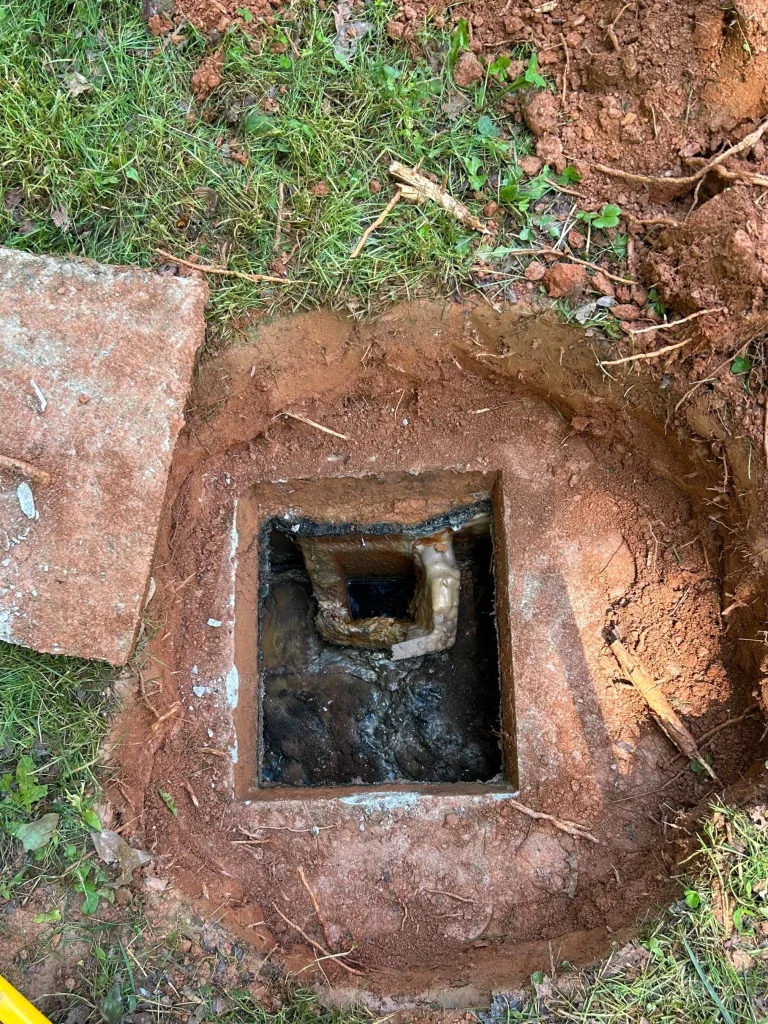
With proper maintenance, a septic system lasts 25 to 30 years. Without it, many fail within 10 years.
Ways to extend lifespan:
- Practice water conservation by spreading laundry loads through the week
- Fix leaks immediately to prevent overloading
- Avoid parking vehicles on the drain field
- Direct rainwater runoff away from the septic area
- Use septic-safe toilet paper and cleaners
- Prepare before hurricane season with a full inspection
Louisiana’s weather patterns shorten system life when maintenance is skipped. Regular care ensures long-term stability.
Resources for Louisiana Homeowners
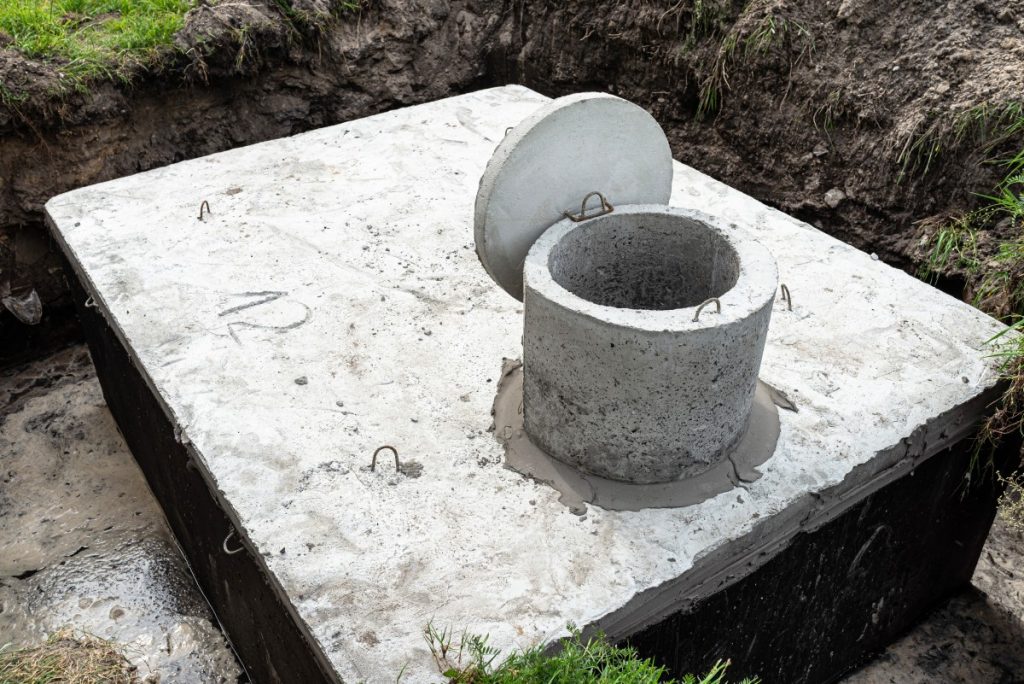
Louisiana homeowners should know where to turn for septic information and support.
- Louisiana Department of Health provides rules on septic installation and upkeep
- Local parishes publish soil and floodplain maps to help plan service schedules
- Trusted service providers such as Sewer Solutions, SMJ Plumbing, and Mark Johnson Plumbing offer inspections and repairs
Reliable guidance and professional support keep residents safe while avoiding environmental damage.
Final Thoughts and Homeowner Maintenance Guide
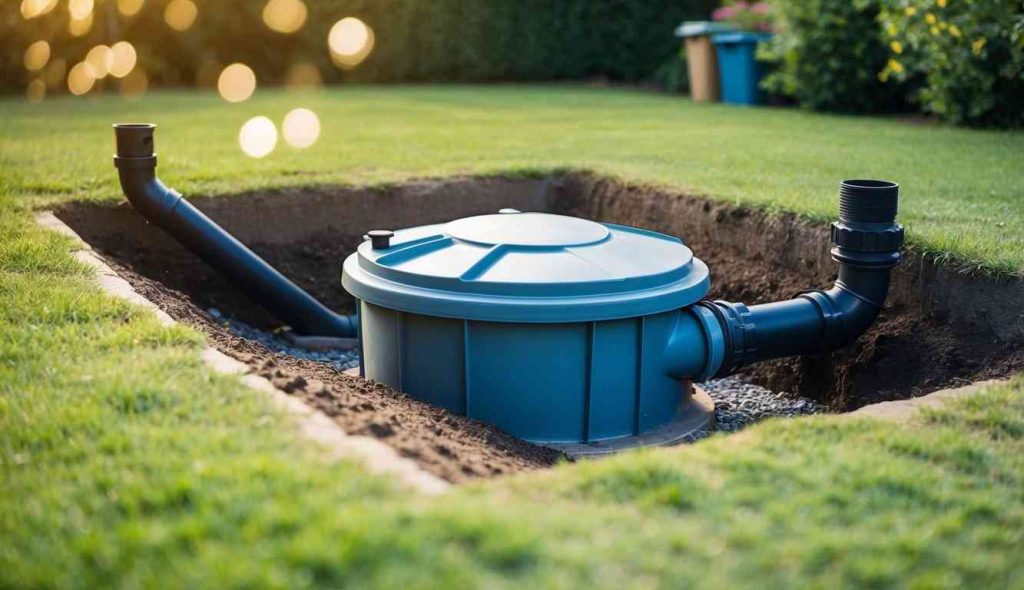
Do septic tanks need maintenance? Yes, and in Louisiana the stakes are higher than most regions. Regular pumping, inspections, and household care protect your home and your health.
Quick plan for homeowners:
- Inspect every year
- Pump every 2 to 5 years
- Respond to warning signs immediately
- Protect the drain field at all costs
- Keep a written log of all service dates
Sewer Solutions recommends treating maintenance as routine household care, not a choice. A well-kept septic tank works quietly for decades. A neglected one becomes the most expensive emergency on your property.